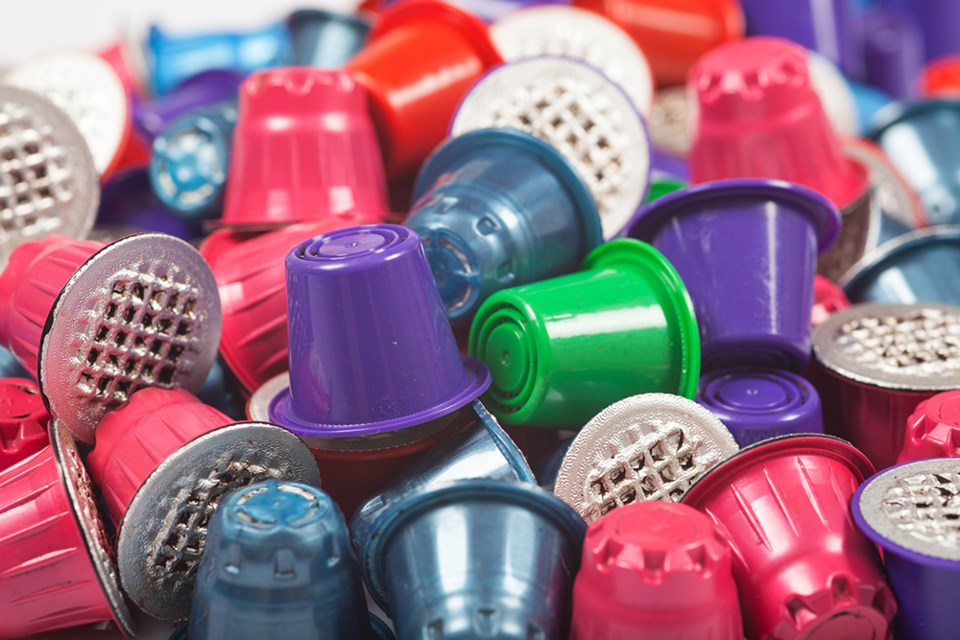The path of least resistance is certainly appealing, but is easier necessarily better?
Many of us are rightfully questioning whether automation and ease actually serve us or the planet in the end. This is true in many facets of life, including single-use plastics. Convenient, to be sure. Wasteful, no doubt.
We’ve been slowly waking up to the latter and the acceptability of the make-use-dispose culture is waning. Bans on single-use takeout containers are supporting this, alongside the normalizing of taking our own refillable mug or reusable bag whenever we head out the door. We’ve all seen the images of birds and whales choking on the byproduct of our addiction to convenience and many are choosing to change habits of consumption.
For those hesitant to use refillable containers, Vancouver Coastal Health has outlined safety protocols to allow for this, even in our current era. Business owners are still at discretion to accommodate the additional steps involved in sanitizing requirements, but it doesn’t hurt to ask if they are aware.
As we collectively wake up to the challenges of single-use plastics outside the home, a new item has stealthily made its way onto many countertops. The single-use coffee pod, loved and loathed the world over.
Those who adore this newish product feel empowered by how it saves them time and money at cafés while allowing for a full palette of flavours. But like the inevitable ebb of the caffeine buzz, the seemingly innocent appliance has hidden costs for its convenience.
Nothing is ever free and when something seems too easy, it usually means there are hidden costs, albeit paid by something else – the health of the planet in this instance.
In a recent waste composition study in qathet Regional District, Let’s Talk Trash uncovered the true cost of single-use coffee pods: they are one of the most commonly found items in the trash. This is not because residents are disposing of them in the wrong place. Made of a combination of plastic, spent coffee grinds and metal that are not easily disassembled, there is no other option for most brands.
Some refillable options have begun to hit the shelves in response to this challenge. If you are committed to your jiffy java, see if this is available for your machine. If not, take a moment to write to the producer of that brand to suggest they consider this.
We all know that landfills are bloated with items of convenience even when low waste alternatives are available. The cost of switching to them might be a few minutes of our time.
Our morning routine might need to dial back into the slightly slower lane with a French press, steamer and blender. You can still get fancy by adding vanilla, hazelnut and nourishing mushroom powders. Imagination is the limit.
Just because most people are doing something doesn’t mean it’s the healthiest choice, for us or the earth.
The new year is just around the corner. Start your year out right by getting each day started waste free.
Let’s Talk Trash is qathet Regional District’s waste reduction education program. For more tips, search for the Let’s Talk Trash Holiday Green Guide at LetsTalkTrash.ca.



